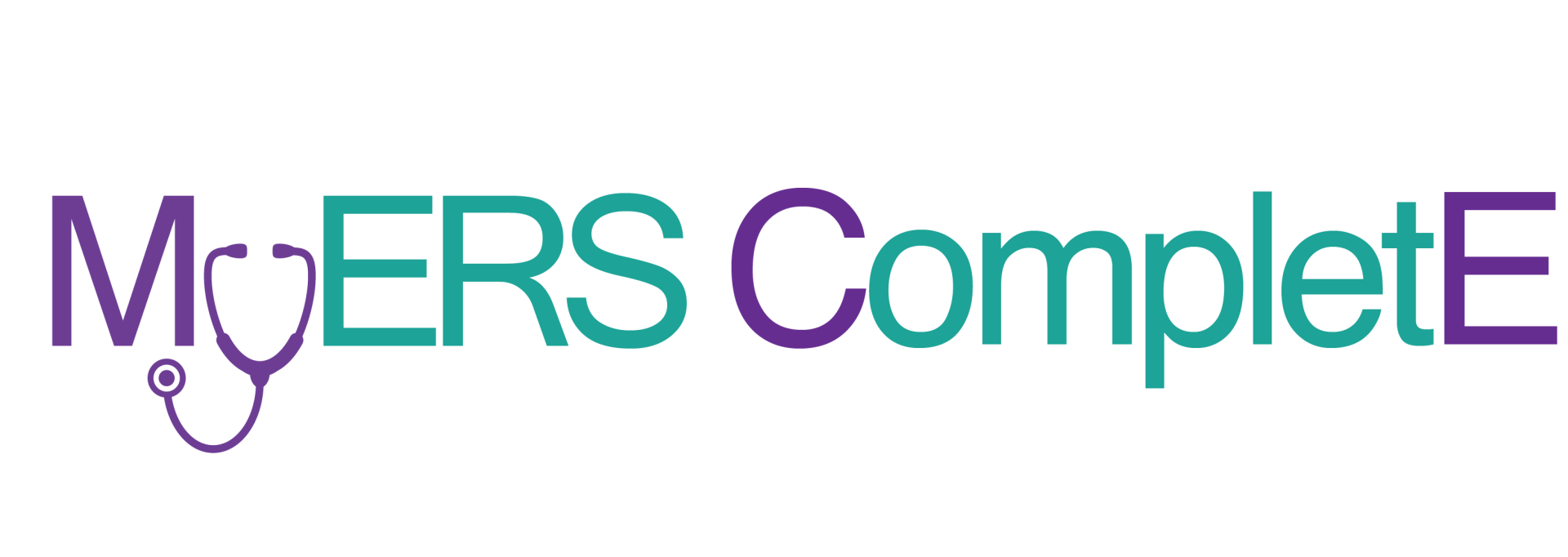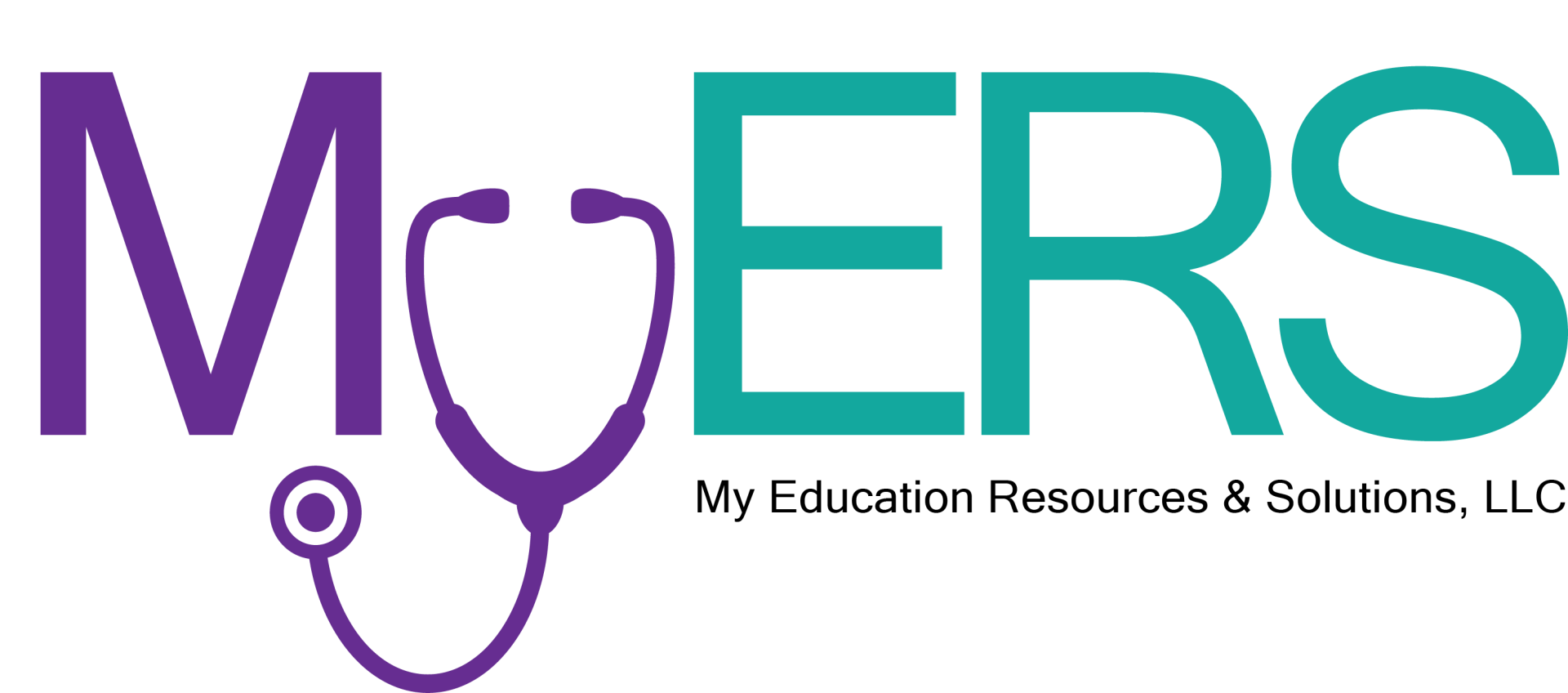Beat the Heat | Nurses' Guide to Summer Health and Safety
Jul 19

Beat the Heat | Nurses' Guide to Summer Health and Safety
As we find ourselves in the heart of summer, with temperatures soaring and heatwaves becoming more frequent, it's crucial for nursing professionals to be prepared for the unique challenges this season brings. Whether you're working in a hospital, clinic, or community setting, understanding and addressing summer-related health issues is vital. Here's what you need to know to keep yourself and your patients safe and healthy during these hot summer days.
Recognizing and Treating Heat-Related Illnesses
Be vigilant for signs of heat exhaustion and heatstroke. Symptoms can include heavy sweating, dizziness, headache, nausea, rapid heartbeat, and in severe cases, confusion or loss of consciousness. Know the proper interventions, from cooling measures to when emergency treatment is necessary.
Hydration is Key
Encourage patients (and yourself) to stay hydrated. This is especially crucial for elderly patients, those with chronic conditions, and individuals taking medications that can affect hydration status. Consider setting up hydration stations in your facility.
Medication Management in Hot Weather
Be aware that certain medications can increase susceptibility to heat-related illnesses. Diuretics, beta-blockers, and some psychiatric medications are just a few examples. Educate patients about potential risks and necessary precautions.
Sun Protection
Educate patients about proper sun protection, including the use of broad-spectrum sunscreens, protective clothing, and avoiding peak sun hours. Don't forget to practice what you preach - protect yourself during outdoor activities or community health events.
Vector-Borne Diseases
Summer often sees an increase in insect-borne diseases. Be prepared to recognize symptoms of conditions like Lyme disease or West Nile virus, and educate patients on prevention strategies.
Food Safety
With summer comes an increase in food-borne illnesses due to outdoor cooking and picnics. Provide guidance on proper food handling and storage, especially for vulnerable populations.
Mental Health Considerations
While often overlooked, the summer heat can exacerbate certain mental health conditions. Be aware of potential impacts on patients with mental health diagnoses and provide appropriate support and resources.
Occupational Health
For nurses working with patients in labor-intensive jobs, provide education on preventing heat-related illnesses in the workplace. This includes proper hydration, rest breaks, and recognizing early warning signs.
Emergency Preparedness
Summer often brings severe weather events. Ensure you're familiar with your facility's emergency protocols and be prepared to assist in community disaster response if needed.
Self-Care for Nurses
Don't forget to take care of yourself! The demands of nursing can be especially challenging in hot weather. Stay hydrated, take breaks when possible, and be mindful of your own health and well-being.
As we navigate through this hot summer, let's remember that our role as nurses extends beyond treating illnesses. We are educators, advocates, and role models for health and safety. By staying informed and proactive about summer health issues, we can ensure that both we and our patients have a safe and healthy season.
Stay cool, stay hydrated, and keep up the fantastic work, nurses!
Contact
-
My Education Resources and Solutions, LLC
-
PO Box 39566
Greensboro, NC 27438 -
hello@myerscomplete.com
-
(336) 988-7076
Become a member
Your gateway to advanced, cloud-based CE solutions.

